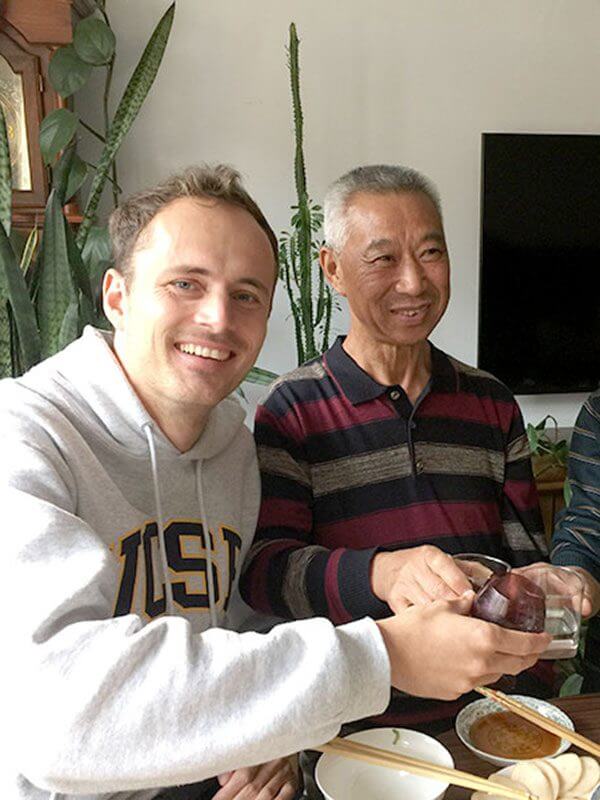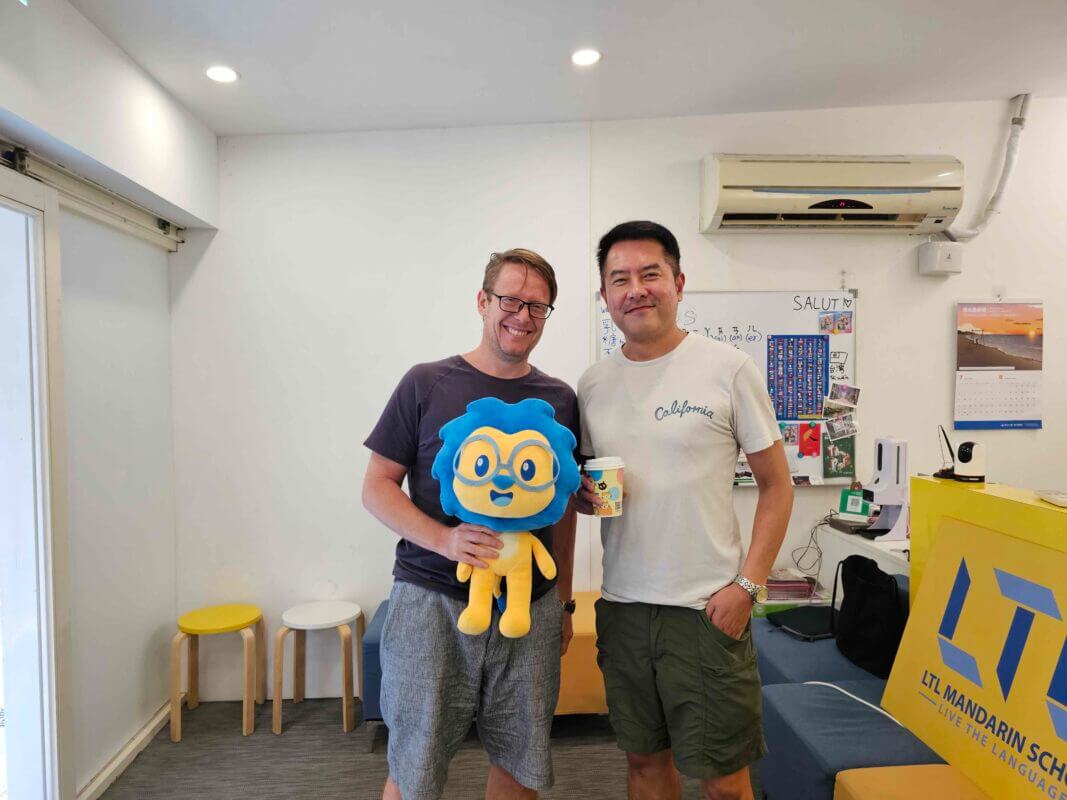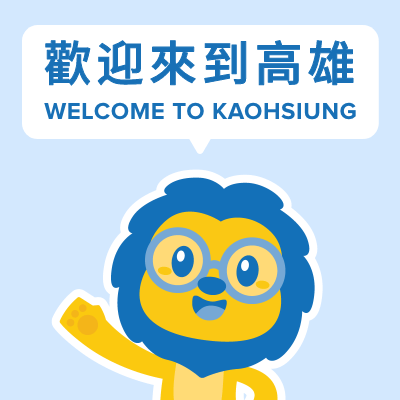Learning Chinese Whilst Working Full Time || Fabian’s Road to Fluency

There is no way to sugarcoat it – getting fluent in Chinese whilst working full-time is a challenge.
But it’s not impossible.
Far from it!
Fluency in Chinese requires planning, determination, and motivation.
These are three qualities that former LTL student, Fabian, has in abundance.
In 2012, Fabian came by our school for a one-week course as a complete beginner.
Over lunch, we had a discussion where he told us he would move to China and work full time, but would also want to become fluent in Mandarin simultaneously.
He thought that was impossible. We told him otherwise.

We made a plan together (in German) with regular classes in the morning before work in Wuxi where he lived (we found a teacher for him there).
Alongside this, we also prepared regular intensive courses in Chengde with homestay and six hours of class per day.
Fabian built up his company’s subsidiary in China, made them a lot of money and passed HSK 5 two years later.
He wrote a book about his experiences in China, including a chapter about learning Mandarin.
The book is available in both German and English and in today’s article, we are delighted to share an extract from the book.
Fabian’s Road To Fluency
The following is an extract from Fabian’s book. The link to purchase on Amazon is at the end of this post.
“Now that’s something completely new”, Andreas replied as he gazed into the distance over the rooftops of the Chinese capital.
“It’s difficult, and rather unusual … but it could be doable.”
It was a hot summer in 2012 when we sat down for an espresso on the balcony of Andreas’ language school “LTL – Live the Language Mandarin School” in Beijing’s Chaoyang district.
Having already started to learn the basics of Mandarin with a Chinese teacher in Germany, I quickly realized after arriving in China that I had to try something new.
For one, I had heard of a survey conducted by the State Administration of Foreign Experts Affairs, which showed that only 8% of all ex-pats living in China have a basic knowledge of Chinese – and even fewer can speak “business Mandarin” in their jobs.

I also quickly realized why this was the case.
Expats are usually sent to China to perform development or expansion work – be it in sales, production, or as a China CEO.
This in turn means very busy days, and many people have told me:
“Yes, I wanted to learn it and I started, but then it got so busy at work that somehow I couldn’t do it anymore.”
As the above survey demonstrates, language learning in China does not happen “by itself” – i.e. as part of everyday life and work – even after many years in the country.
When I realized this on one of my first trips to China, I sought out the Austrian Andreas Laimböck and asked him the following on the balcony of the LTL language school in Beijing in the summer of 2012.
“I’m moving to China next year to set up a company and establish it for the long term. What can we do to help me learn Mandarin as efficiently as possible while working?”
I asked Andreas not only because he speaks Mandarin very well himself and has set up a successful China-wide language school, but also because he had held a management position at a German company in China for many years – and could therefore relate to my situation.

What was intended to be a brief exchange over an espresso turned into an extended afternoon.
As the sun slowly set over the rooftops of Beijing, we had forged a master plan that would be remembered by friends and business partners as a “boot camp at a monastery in northern China”.
This would henceforth serve as a blueprint for “Mandarin in Two Years” for several Western companies in China, including well-known German automotive groups.

Chinese Cities to Visit: 7 of the Best Beyond Beijing and Shanghai
Our List of 7 Must-Visit Cities off the Shanghai-Beijing Beaten Path China has many cities full of history, culture, and great food. Besides Beijing and Shanghai, there are other cities worth exploring. Especially Guangzhou (广州), Xi’an (西安), Chengdu (成都), Chongqing (重庆), Wuhan (武汉),…
Our basic idea was that I first had to escape the expat bubbles – preferably to an area where there are no foreigners and no English.
This leap into the deep end led me to Chéngdé in Hebei province.
In China, Chéngdé is best known as the summer residence and mountain resort of the early emperors of the Qing dynasty, such as Kāng Xī (康熙) and Qián Lóng (乾隆帝).
The eight outer temples are situated outside the imperial residence. The most impressive of these are the Pǔtuó Zōngchéng Temple, which was built in the style of the Potala Palace in Lhasa (Tibet), and the Pule Temple, which is similar to the Temple of Heaven in Beijing.
More important for my plans, however, was the fact that a very clear “Putonghua”, i.e. standard Chinese without an accent, is spoken there.
In Chéngdé, the LTL Chéngdé team found a Chinese host family that was happy to take me in and with whom I remain in contact today via WeChat: a 78-year-old, very friendly couple whom I was allowed to call uncle and aunt.
In Chéngdé, I was taught by an exceptional LTL Chinese teacher who came to my “home” every morning, where we would study together for six hours a day over two weeks, combined with self-study practice sessions in the evenings.

This wasn’t always easy for me, because although I was taking vacation, the company setup and business didn’t stop.
And, of course, I wanted everything to continue to run smoothly, which is why I worked in the evenings.
I still remember one of the first times in Chéngdé when I called a department manager in Germany at around 6pm German time to discuss something important and, taken aback by my call, he replied:
“Mr. Hänle, good evening … but wait a minute, you’re six hours ahead in China, aren’t you?”
I was simply happy and grateful to have this opportunity, so I was determined to make the most of it. And I really enjoyed it, even though, not surprisingly, there were also setbacks and disappointments.
For example, the first few times I was in Chéngdé, I studied seven days a week and gave it my all, only to realize in frustration at dinner that I didn’t understand a thing.
But here too, perseverance paid off and after the third or fourth trip, things got better and better.
What made the full breakthrough possible: speaking Mandarin every day in the office and with employees, customers, and partners.
I also prepared and learned a list of the top 100 technical terms in my industry.
Thus, after two years I was fluent in Mandarin and after three years I was able to conduct all kinds of business meetings in Chinese, including technical sales talks.
What I can recommend from my own experience is a structured approach with clear goals and measurable milestones.
For example, my goal was to “upgrade” a level every six months.
In China, there is a test system that is similar to the European Language Reference Framework, which in Europe runs from A1 to A2, B1 to B2, and then C1 to C2 as the highest levels, the levels of native speakers.
In China, the tests are called Hànyǔ Shuǐpíng Kǎoshì, or HSK for short. They constitute a central, standardized test for Chinese as a foreign language that measures the level of proficiency from HSK 1 to HSK 6.
They are conducted in China and worldwide at licensed test centres, especially at Confucius Institutes.
As per my master plan, after two years I had reached HSK 5, which the Confucius Institute defines as follows:
“For advanced learners with very fluent Chinese, the exams are HSK 5 and 6. For the fifth level, the person being tested should be able to read Chinese newspapers and magazines, watch Chinese films, and give a speech in Chinese. A vocabulary of 2,500 words is required (you have to know the meaning and be able to read the 2,500 different characters).”
From HSK 3 onwards, I was able to use Chinese more and more in my everyday life, which was of course good for my motivation and made the next steps easier.
My wife only entered my life later, at the time when I was at level 4, which of course also helped me a lot on the final stretch.
Based on these experiences, I can only encourage people to learn Chinese today.
Learning the language is fascinating because every stage of learning leads to previously unknown worlds.
The pronunciation and characters are new at first, but you get used to them.
And there is some good, surprising news: The grammar is much simpler in Chinese than in German.
That’s why I say today: If you can learn Romance languages like French or Spanish, you can also learn Chinese.
If you want to find out more about Fabian’s story, his book is available on Amazon now (currently only in German).
Fluency in Chinese Whilst Working || FAQs
Does LTL offer part-time courses?
Yes, you can study part-time Chinese at any of our schools.
Can I learn business Chinese with LTL?
Yes. We offer specialized business Chinese courses where we focus on your industry. This
Can I find out more about life in Chengde?
Absolutely. We have written a page dedicated to what life in Chengde is like.
Where can I stay in Chengde?
Nearly all LTL students in Chengde stay with our homestay families to enjoy full immersion.
Want more from LTL?
Want to learn Chinese from the comfort of your own home? Then our 24/7 online Chinese lessons might be the thing for you.
We offer a 7 day free trial to all new online students where you can study Mandarin 24/7.
Come and check it out free of charge and see what you think!
If you wish to hear more from LTL Language School why not join our mailing list?
















 Hi, my name is Manuel! I am from Spain and I am a Student Advisor at LTL. I’m now based at our Seoul School after living 3 years in Taipei.
Hi, my name is Manuel! I am from Spain and I am a Student Advisor at LTL. I’m now based at our Seoul School after living 3 years in Taipei. Hi, my name is Mojca! I am from Slovenia in Europe and I work as a student advisor at our Shanghai school.
Hi, my name is Mojca! I am from Slovenia in Europe and I work as a student advisor at our Shanghai school.




